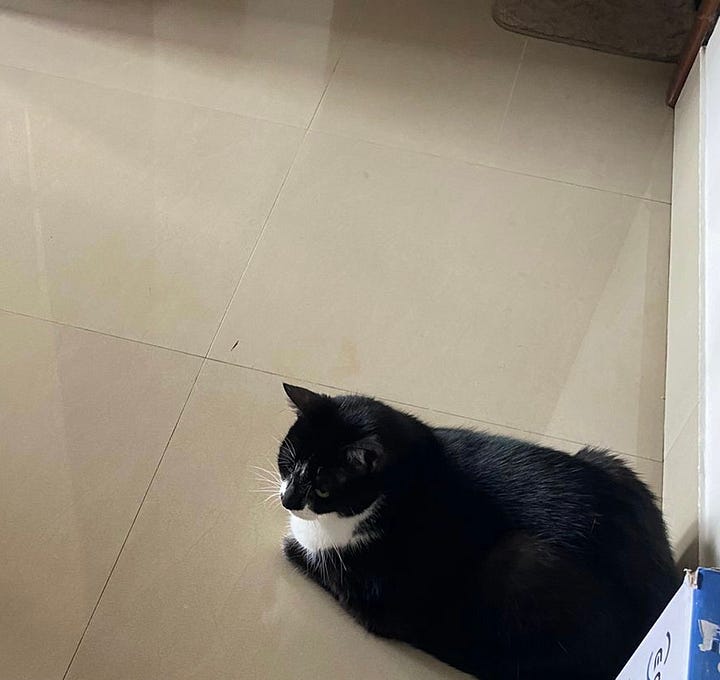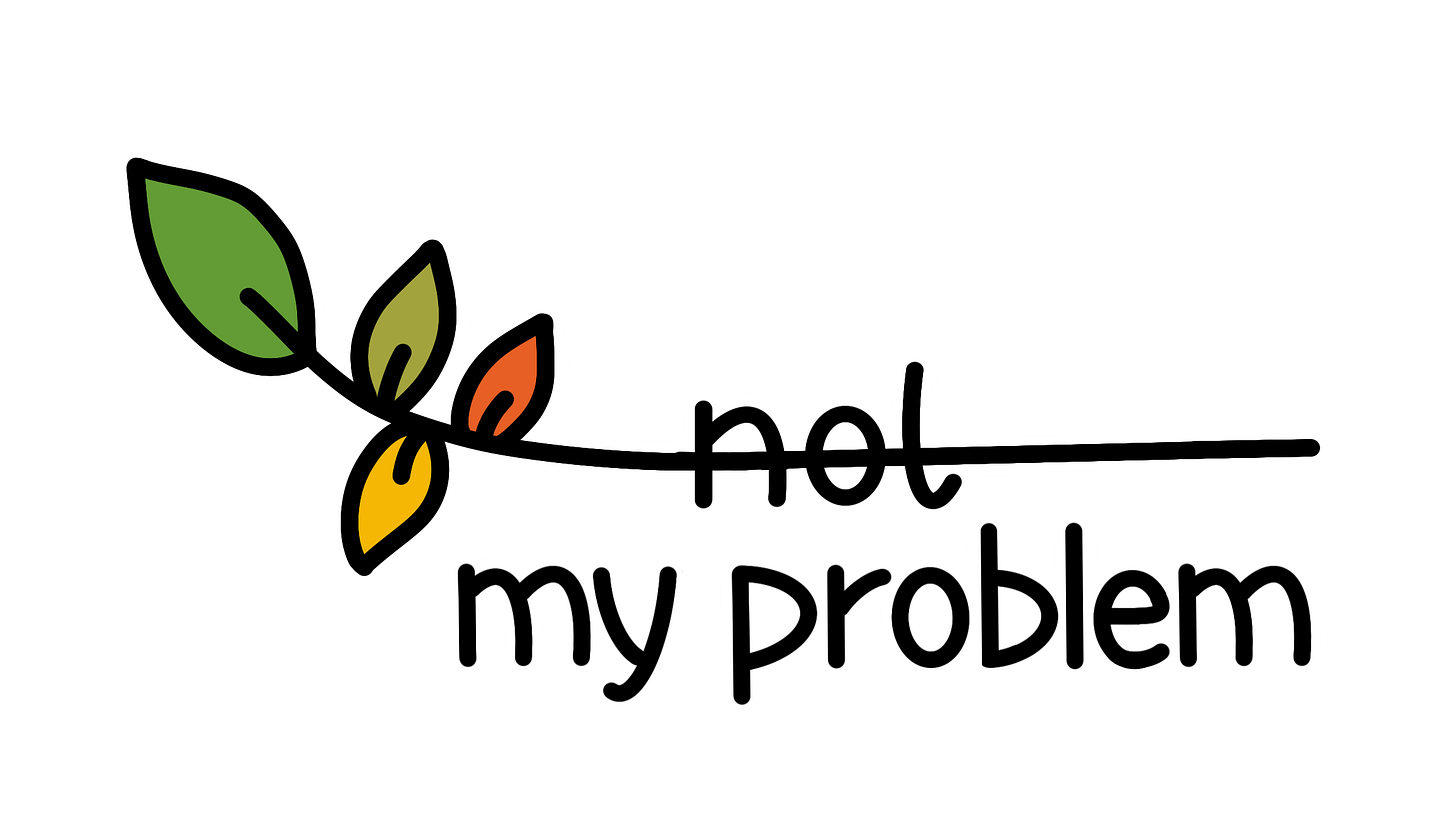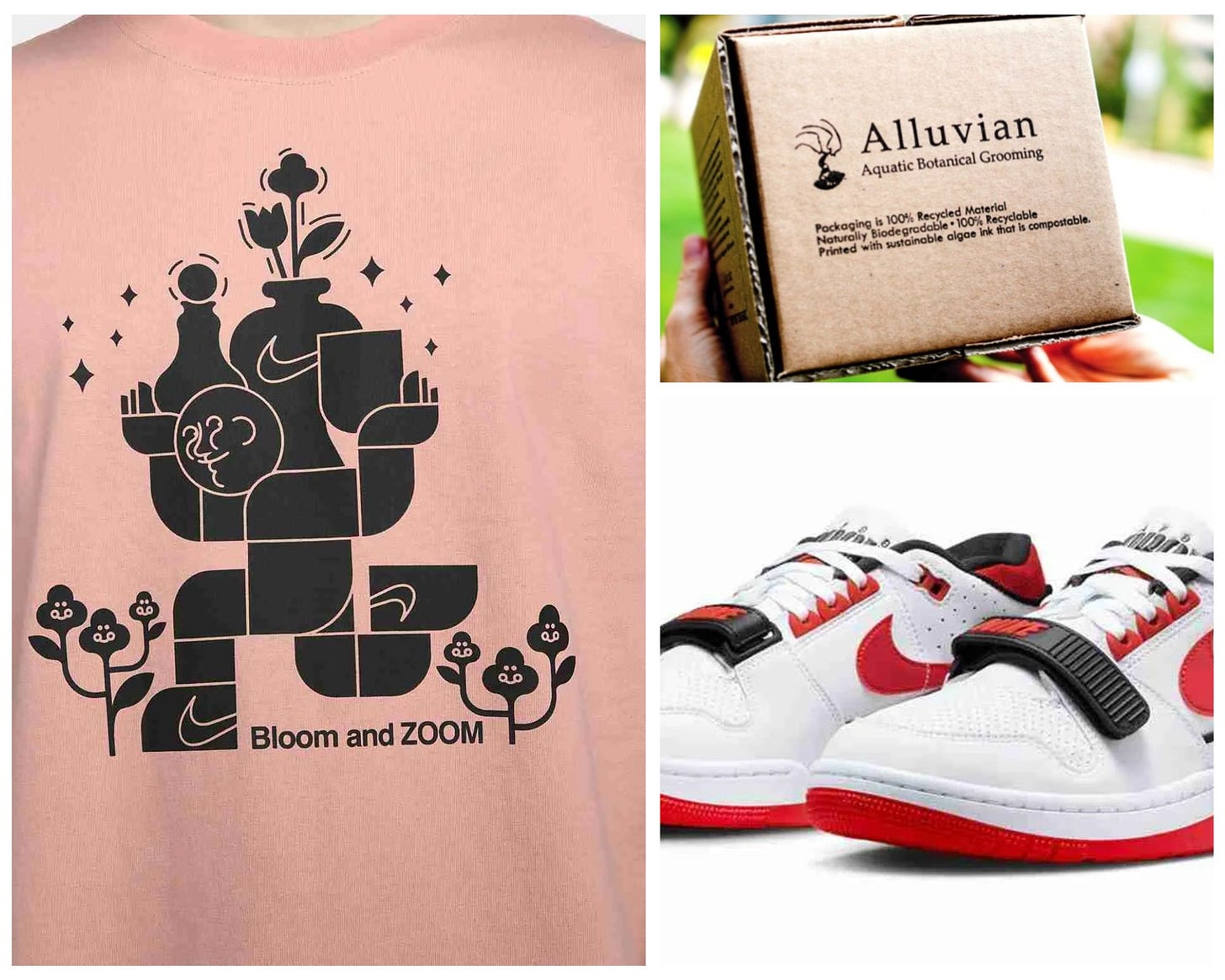Turning Waste Into Printing Ink 🖨️
These Co-Founders Are Revolutionizing A Polluting Industry
Today’s eco snapshot👇🏽
Turning Waste Into Printing Ink
Startup of The Week: LiquiDonate
5 Sustainable Brands I Recently Discovered
News That Lifted My Spirits This Week
3 Ways I Can Support Your Sustainability Journey
🖨️ Turning Waste Into Printing Ink
Take a look around you. You'll likely spot numerous items with text or graphics printed on them. Have you ever wondered what makes this possible? It's ink - and most of it comes from fossil fuels. Living Ink is tackling this issue with its safe and renewable bio-based alternative.
It transforms bio-based waste, such as brewery byproducts and algae, into ALGAE BLACK™ pigment. This pigment is then mixed with a water or oil base to create ALGAE INK™.
The co-founders, Steve and Scott, were passionate environmentalists from the start.
Steve has always been dedicated to science-based solutions. He taught high school science and later conducted research on sustainable innovations at the university level.
Scott's interest in marine biology was sparked in childhood when he saw disturbing images of environmental damage from tar sands in National Geographic. It was a real eye-opener!
These two eco-enthusiasts crossed paths during their Molecular Biology PhD program at Colorado State University. While deep in algae research, Scott had an unexpected epiphany while shopping for a greeting card for his grandmother.
He found himself questioning, "Why on earth are we using petroleum in printing inks?"
That's when they realized that the algae they were studying could be a perfect replacement for the harmful chemicals in pigments and inks.
And that’s how Living Ink was born.
⌛ Time for the quiz of the week
A G7 nation has decided to end its coal-based electricity generation, with its last coal plant closing in September 2024.
Answer at the end of the newsletter. No one (including me) can see your response so feel free to vote 😉
✨ Startup of the week: LiquiDonate
Most of the items that we return end up in landfills. This startup has found a way to avoid that.
Return to Sender…E-commerce has made shopping easy and convenient. We can buy anything with just a few clicks. And if we don't like it, we can return it. But what happens to these returned items? Well, 80% of them end up in landfills. Why? Because it's cheaper for companies to discard them rather than repack, relist, and resell them.
Don't Dump…LiquiDonate has found a solution to this problem. The company allows retailers to donate customer returns to local nonprofits and schools. It has created a "Magic Matches" algorithm that works as follows:
Customers start the return process for items purchased from a store.
LiquiDonate's AI matches these returns with the best nonprofits and schools from a network of 3,500+ partners.
Customers get a label to ship directly to nonprofits.
ROI…This process delivers items to people who need them and keeps them out of landfills. It helps retailers save on return and disposal costs. Additionally, companies receive tax write-offs for donations, all while reducing their emissions from waste generation.
✅ 5 Sustainable Brands I Recently Discovered
Flybox: Addressing the rising need for protein and the problem of food waste using insect farming.
Zedify: Using electric cargo bikes to deliver packages.
Winnow: Leveraging AI to tackle the food waste problem in commercial kitchens.
recharkha: Upcycling difficult to recycle plastic waste using traditional Indian charkha(spindle).
TAO Climate: Tackling climate change and the housing crisis together by harnessing the power of hemp.
😹 News That Lifted My Spirits This Week
🌞 Solar Power Makeover…Oxford University researchers have developed a revolutionary light-absorbing material that can generate solar power on everyday objects without traditional silicon-based panels. This ultra-thin, flexible material can be applied to various surfaces and uses a multi-layered approach to capture a broader light spectrum, achieving over 27% energy efficiency - comparable to conventional photovoltaics.
🌯 Bacterial Banquet…A groundbreaking factory near Helsinki is revolutionizing food production by harvesting proteins from fermented bacteria. Solar Foods, a Finnish food tech startup that claims to make "food out of thin air," is offering this sustainable solution to future food challenges. Could this be the future of food? We shall see…
🚄 All Aboard the H2O Express!…San Bernardino, California, is set to launch Zemu, North America's first hydrogen-powered passenger train, addressing the region's poor air quality. This $20 million zero-emission train uses a hybrid hydrogen fuel cell and battery system, producing only water vapor as a byproduct. Running on a 9-mile line between Redlands and San Bernardino, Zemu is expected to pave the way for clean energy trains across southern California and the country.
💁🏼 3 Ways I Can Support Your Sustainability Journey
Do you want to be featured in this newsletter and on LinkedIn, where I write impactful stories every day? Submit your story
If you’re a planet-friendly brand, I can help you with your blogs, newsletters, case studies, and whitepapers. Here’s some of my recent work (Booking for March 2025 onwards)
If you would like to chat about anything related to sustainability and climate change, you can book a free call


Give that 💚 a little tap if this edition helped you learn something new about sustainability and climate change.
Enjoy your weekend :) I am taking a 2 week break from the newsletter so see you in October😊








Great work, Naman!